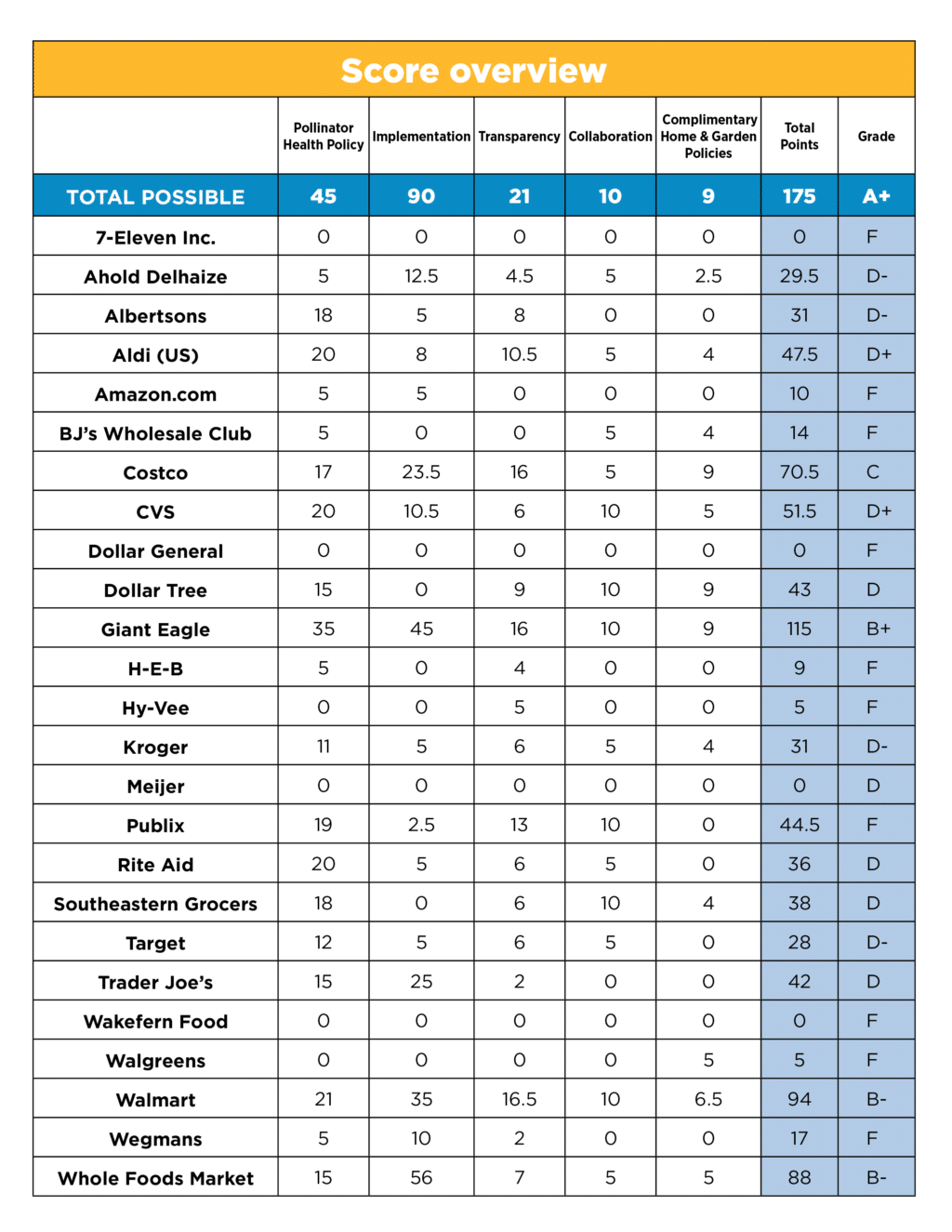Amid rising concern about an “insect apocalypse” and the decimation of the small but mighty pollinators responsible for one in three bites of food we eat, grocery retailers are beginning to step up to address the routine use of toxic pesticides in their supply chains.
The same pesticides that threaten pollinators also harm human health, including the farmworkers and rural communities on the frontlines of exposure. And these same chemicals threaten the soil life that is the heart of regenerative agriculture, and therefore must be addressed in order to build healthy soils that sequester more carbon, enhance farmers’ resilience to climate change, and conserve water.
To spur a race to the top, Friends of the Earth created a retailer scorecard benchmarking 25 of the largest U.S. grocery stores on steps they are taking to address the use of toxic pesticides in their supply chains and to support the expansion of organic agriculture and other ecological solutions. Food retailers have significant economic power to change the food system. Together, the 25 evaluated companies control over $1.78 trillion in food and beverage sales annually. The four largest — Walmart, Amazon, Costco, and Kroger — control over $1.02 trillion.
Since 2018, 12 food retailers have created policies addressing pesticides. Yet action across the sector falls far short of what is needed to create a healthy, resilient food system for pollinators and other critical biodiversity as well as people, from farmworkers to eaters.
| Retailer | Grade | Points |
|---|---|---|
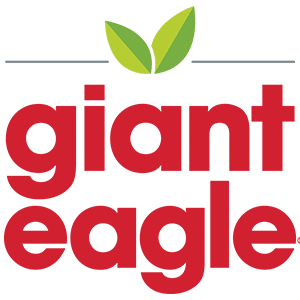 Giant Eagle
Giant Eagle
|
B+ | 115 |
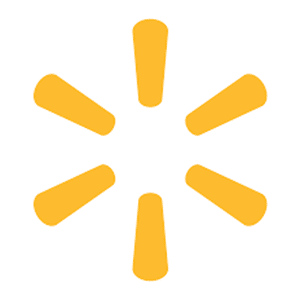 Walmart
Walmart
|
B- | 94 |
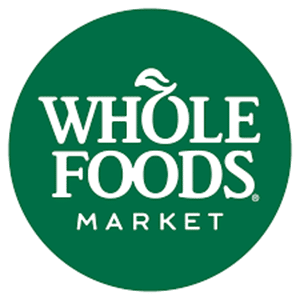 Whole Foods*
Whole Foods*
|
B- | 88 |
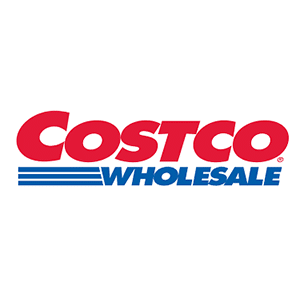 Costco
Costco
|
C | 70.5 |
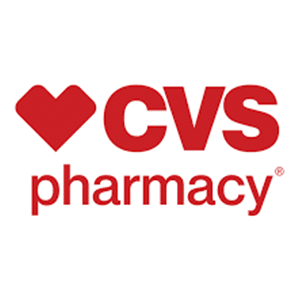 CVS
CVS
|
D+ | 51.5 |
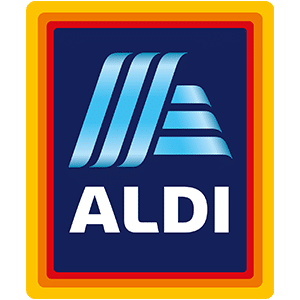 Aldi
Aldi
|
D+ | 47.5 |
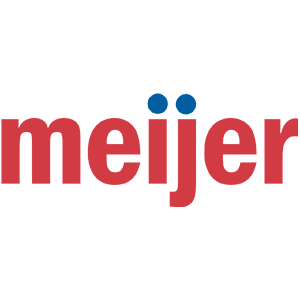 Meijer
Meijer
|
D | 44.5 |
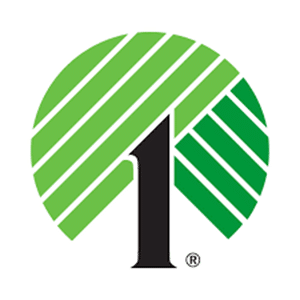 Dollar Tree
Dollar Tree
|
D | 43 |
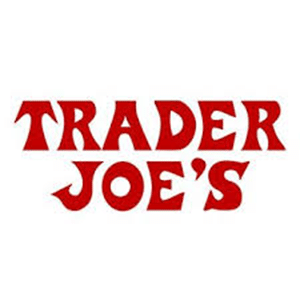 Trader Joe’s
Trader Joe’s
|
D | 42 |
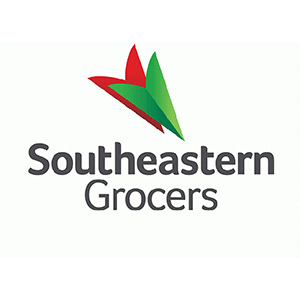 Southeastern Grocers
Southeastern Grocers
|
D | 38 |
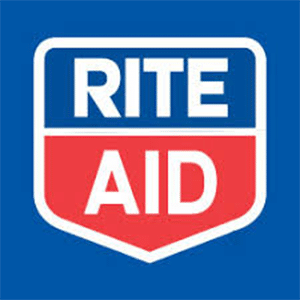 Rite Aid
Rite Aid
|
D | 36 |
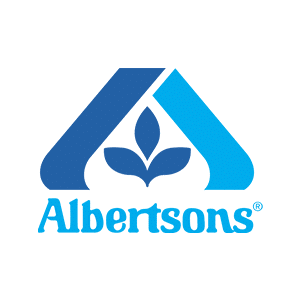 Albertsons
Albertsons
|
D- | 31 |
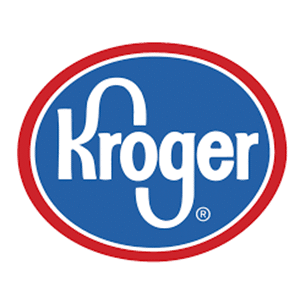 Kroger
Kroger
|
D- | 31 |
 Ahold Delhaize
Ahold Delhaize
|
D- | 29.5 |
 Target
Target
|
D- | 28 |
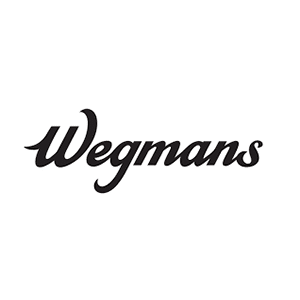 Wegmans
Wegmans
|
F | 17 |
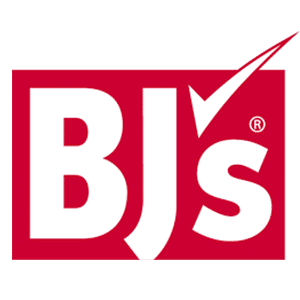 BJ’s
BJ’s
|
F | 14 |
 Amazon*
Amazon*
|
F | 10 |
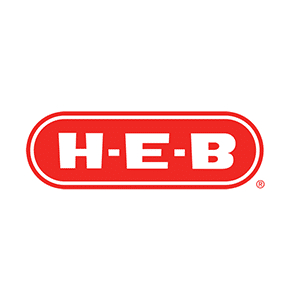 H-E-B
H-E-B
|
F | 9 |
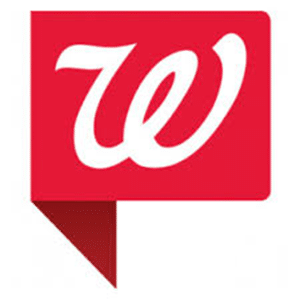 Walgreens
Walgreens
|
F | 5 |
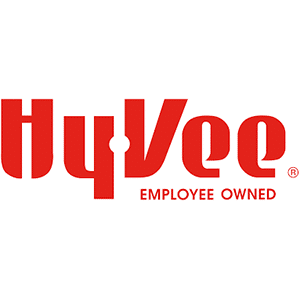 Hy-Vee
Hy-Vee
|
F | 5 |
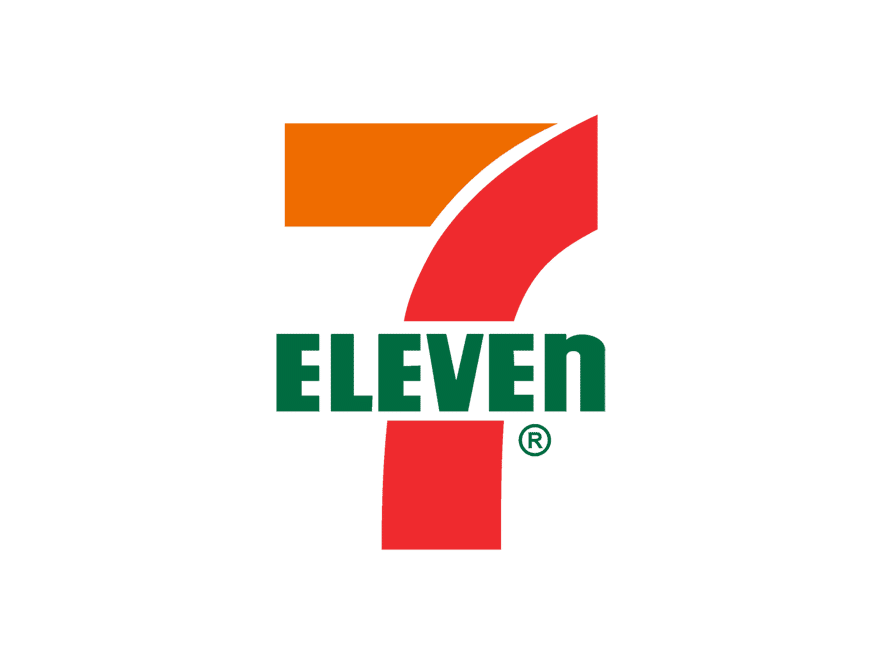 7-Eleven Inc.
7-Eleven Inc.
|
F | 0 |
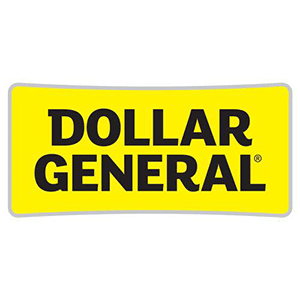 Dollar General
Dollar General
|
F | 0 |
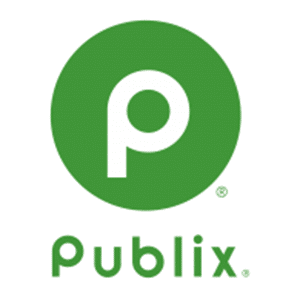 Publix
Publix
|
F | 0 |
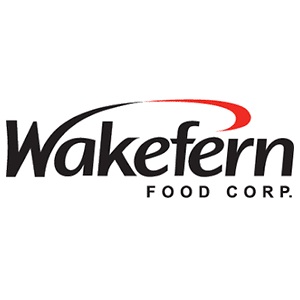 Wakefern
Wakefern
|
F | 0 |
Retailer Action on pesticides falls short despite important momentum
Reducing pesticide use is a critical way for food companies to meet their goals around biodiversity, climate, health, and labor, and must become a key component of their environmental and social governance (ESG) programs.
Only Giant Eagle and Walmart have made time-bound commitments to address pesticide use in their supply chains. Giant Eagle committed to eliminate nitroguanidine neonicotinoid pesticides from its produce supply chain by 2025. Giant Eagle and Walmart will require that all fresh produce suppliers adopt ecological farming methods known as integrated pest management (IPM), as verified by a vetted list of third-party certifications, by 2025. Ten other companies — Albertsons, Aldi, Costco, CVS, Dollar Tree, Kroger, Meijer, Rite Aid, Southeastern Grocers and Target — have created policies that encourage food and beverage suppliers to reduce use of pesticides of concern — including neonicotinoids, organophosphates and glyphosate — and to shift to least-toxic approaches, but the policies do not include metrics or targets for implementation. The majority of the company policies state a commitment to expand organic offerings, which are grown without the use of over 900 pesticides otherwise allowed in agriculture.
These are important first steps. But the extinction and climate crises demand that all food retailers make time-bound commitments to phase out toxic pesticides and support a transition to organic and regenerative agriculture, which is better for pollinators, people and the planet.
Pesticides pose an economic risk to grocery retailers
Which Company Owns Your Local Grocery Store?
Did you know that Albertsons owns Safeway and ten other grocery stores, and Kroger owns Harris Teeter and over 25 others? Check out this chart to find out which company owns your local grocery store.
And did you know that some of the largest “grocery stores” in the U.S. are pharmacies and discount stores? The chart also shows how the companies we evaluated rank in terms of annual grocery sales.
How does your grocery store’s score compare to last year?
2022 Bee-Friendly Retailer Scorecard
2021 Bee-Friendly Retailer Scorecard
2020 Bee-Friendly Retailer Scorecard
Scores by category
To highlight leaders and laggards, Friends of the Earth created a retailer scorecard benchmarking 25 of the largest U.S. grocers against four criteria: policies, implementation, transparency and collaboration. Additional points were awarded for companies with complimentary pesticide policies in their home & garden supply chains.
Methods
We looked at whether companies are setting goals to reduce use of pesticides of concern in their food and beverage supply chains, what they are doing to increase organic offerings and whether they are taking steps to support non-organic farmers to shift to least-toxic, bee-friendly approaches like integrated pest management and regenerative agriculture. We also looked at whether they are educating consumers about these issues and if they are using their power to advocate for public policies that shift government support from pesticide-intensive agriculture to organic and ecological farming systems. Additional points were awarded for complimentary policies in home and garden supply chains.
To see the grading rubric, click here.
Grades were assigned based on publicly available information concerning retailer policies and self-reported information concerning retailer practices. We reviewed publicly available information, including company websites, annual reports, SEC filings, corporate social responsibility and sustainability reports, press coverage and industry analyses.
We sent a provisional grade and scoresheet to each company by email and gave companies six months to respond with updates and corrections. The following companies were in contact with Friends of the Earth throughout the year: Ahold Delhaize, Albertsons, Aldi, Costco, CVS, Dollar Tree, Giant Eagle, Kroger, Meijer, Publix, Rite Aid, Southeastern Grocers, Walgreens, Walmart, Wegmans, and Whole Foods Market.
*Although Amazon acquired Whole Foods in 2017, we graded these companies separately given that Whole Foods still maintains distinct policies and a substantially different business model. As of September, 2022, 511 of Amazons’ 571 brick-and-mortar grocery locations are Whole Foods stores. The remainder are Amazon Go and Amazon Fresh stores.

